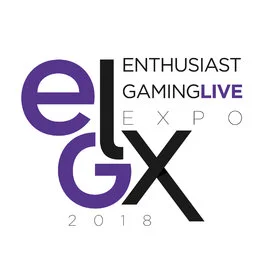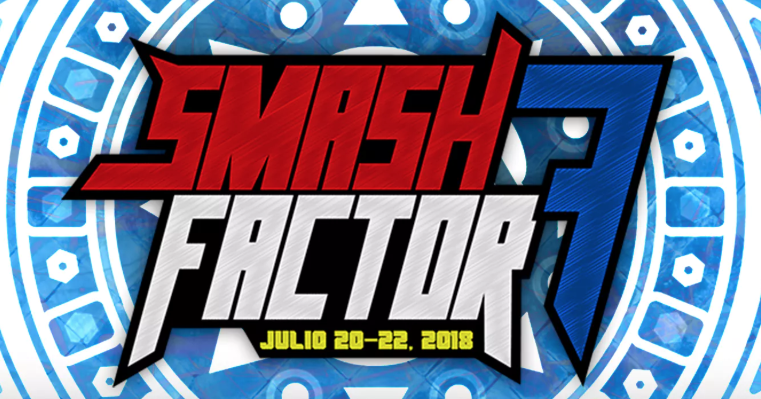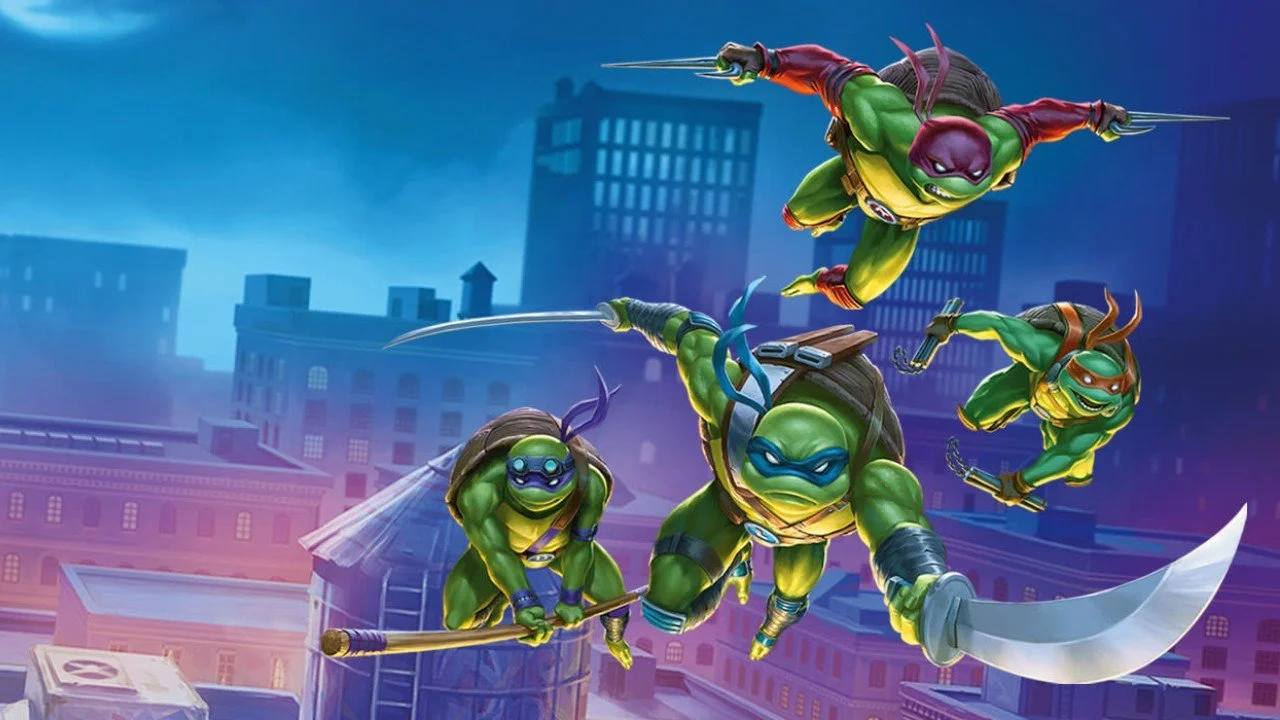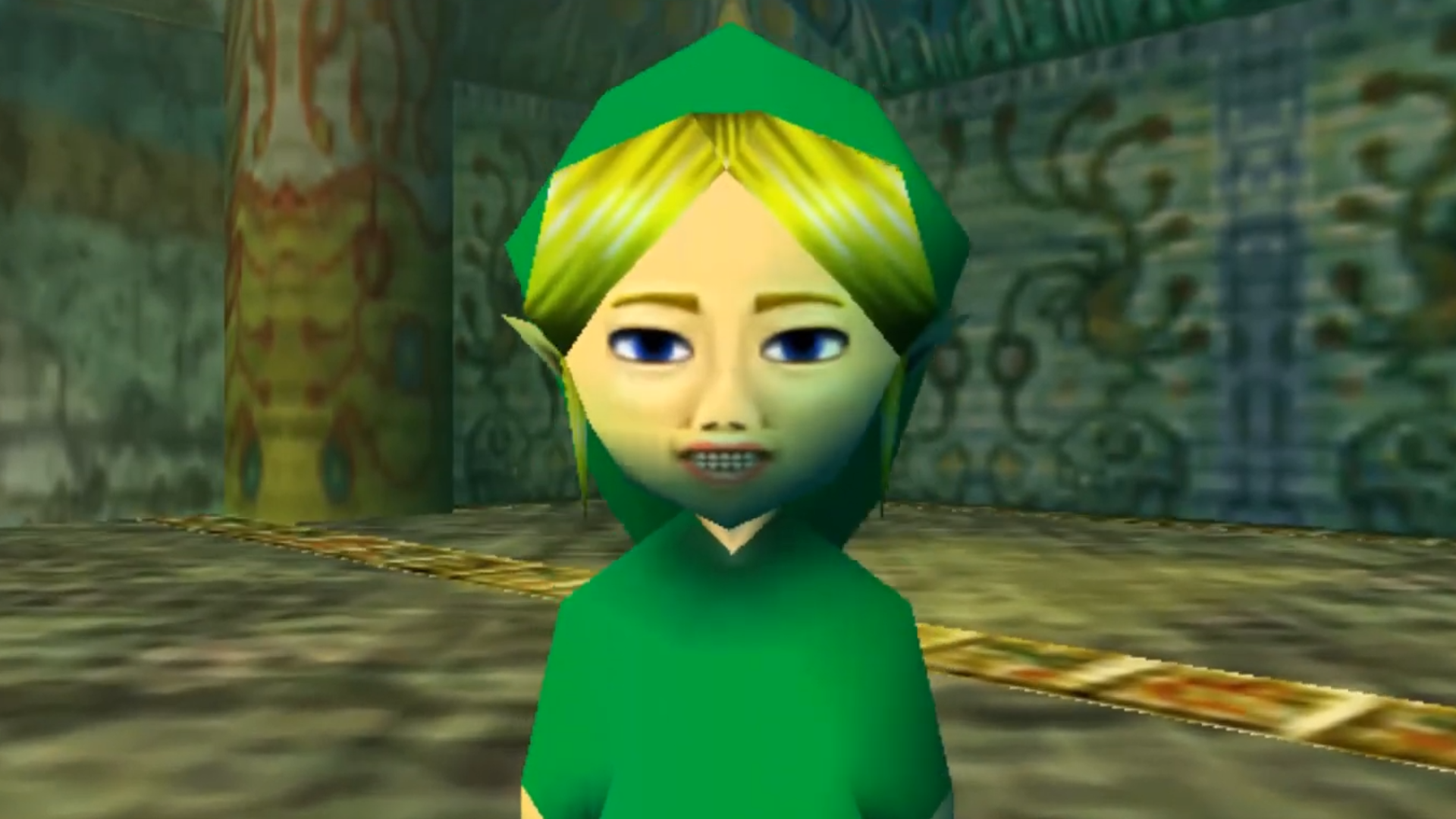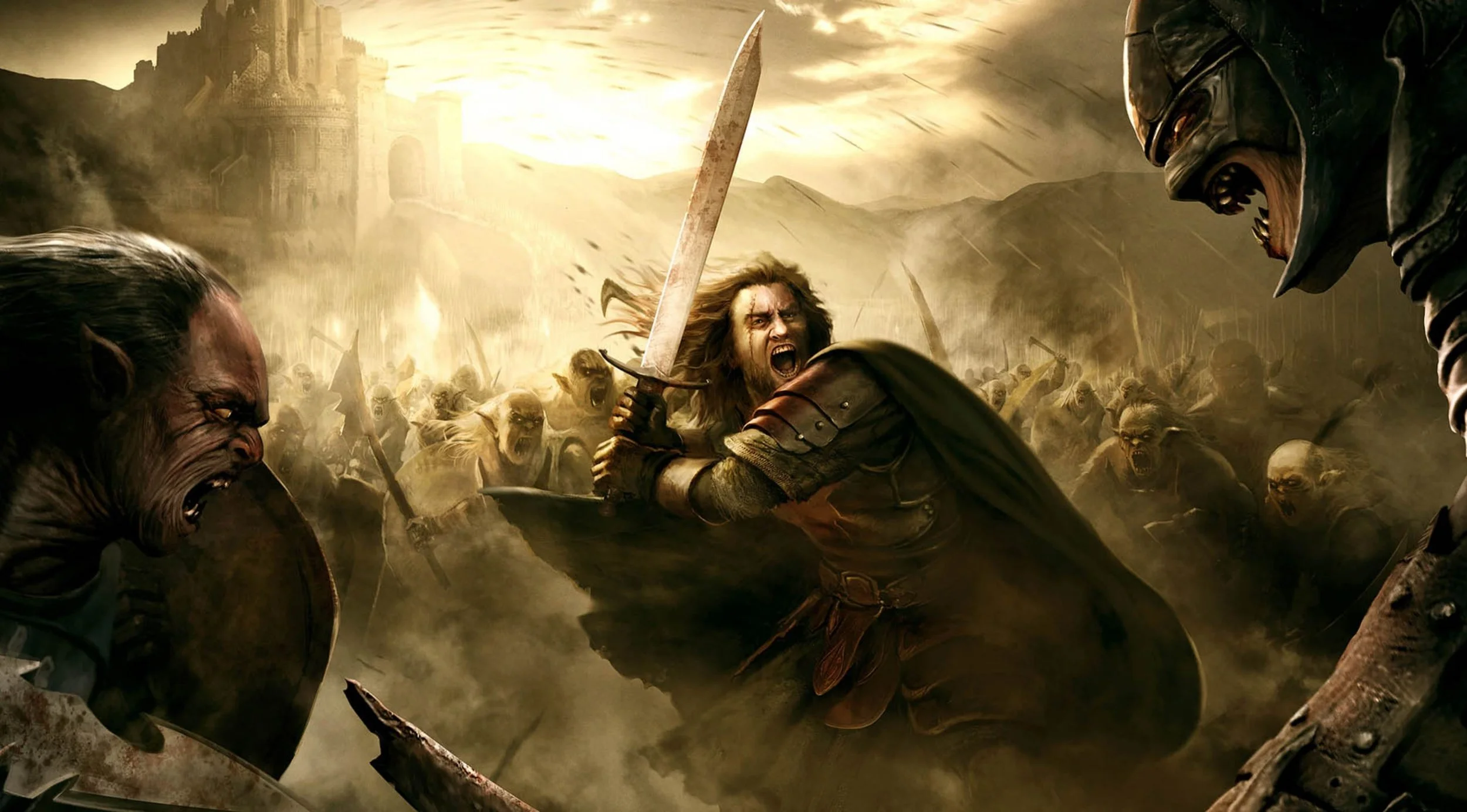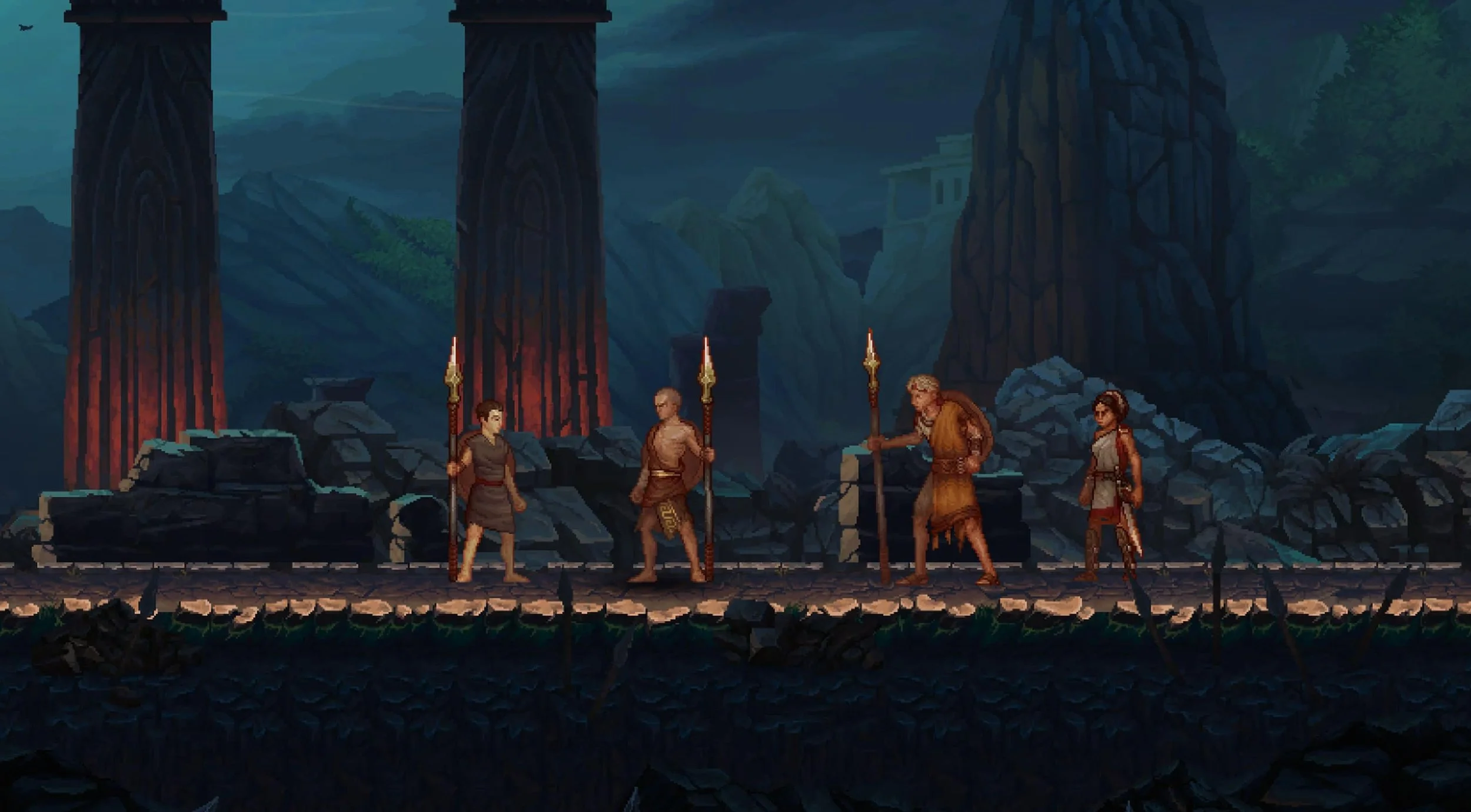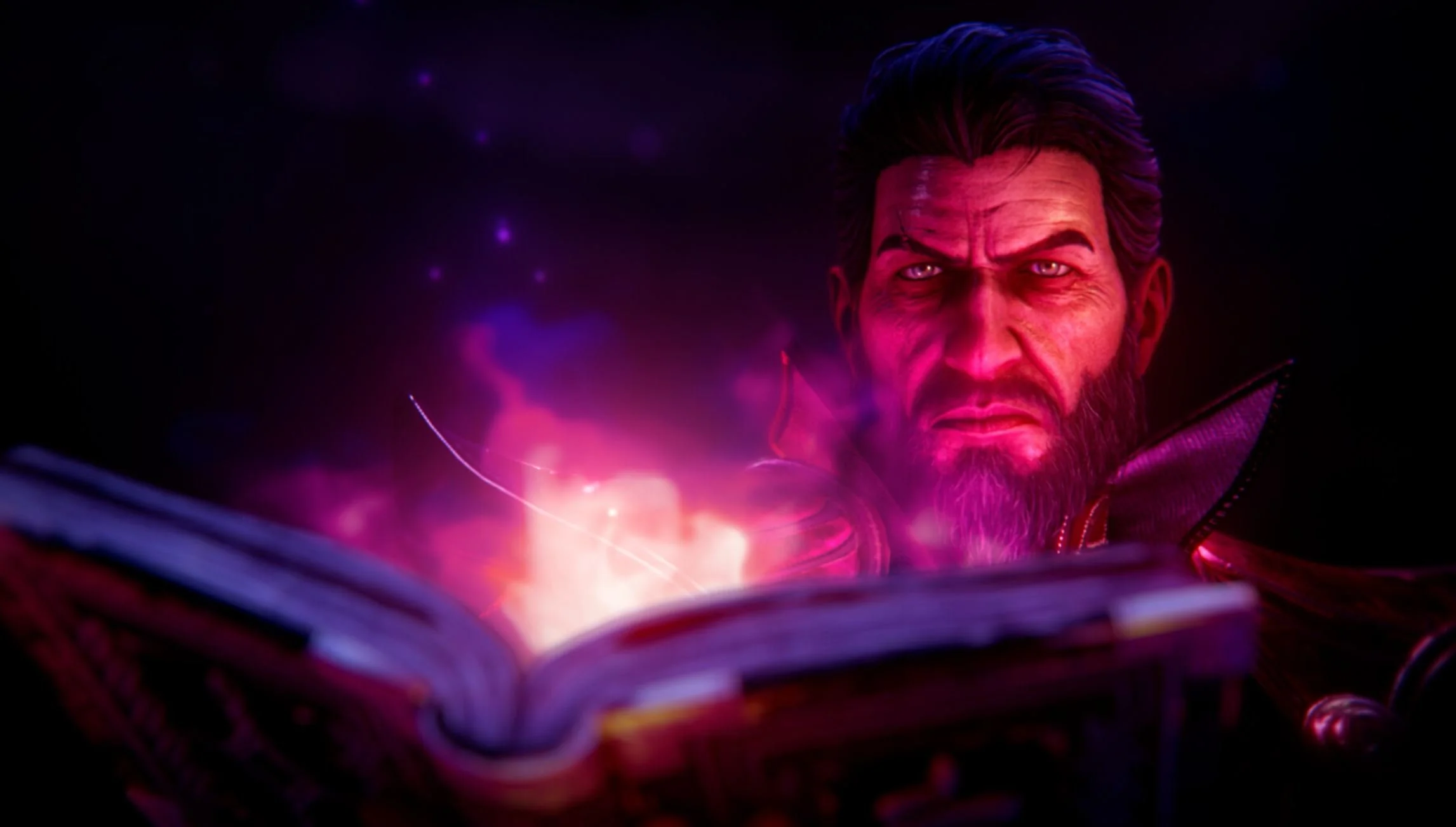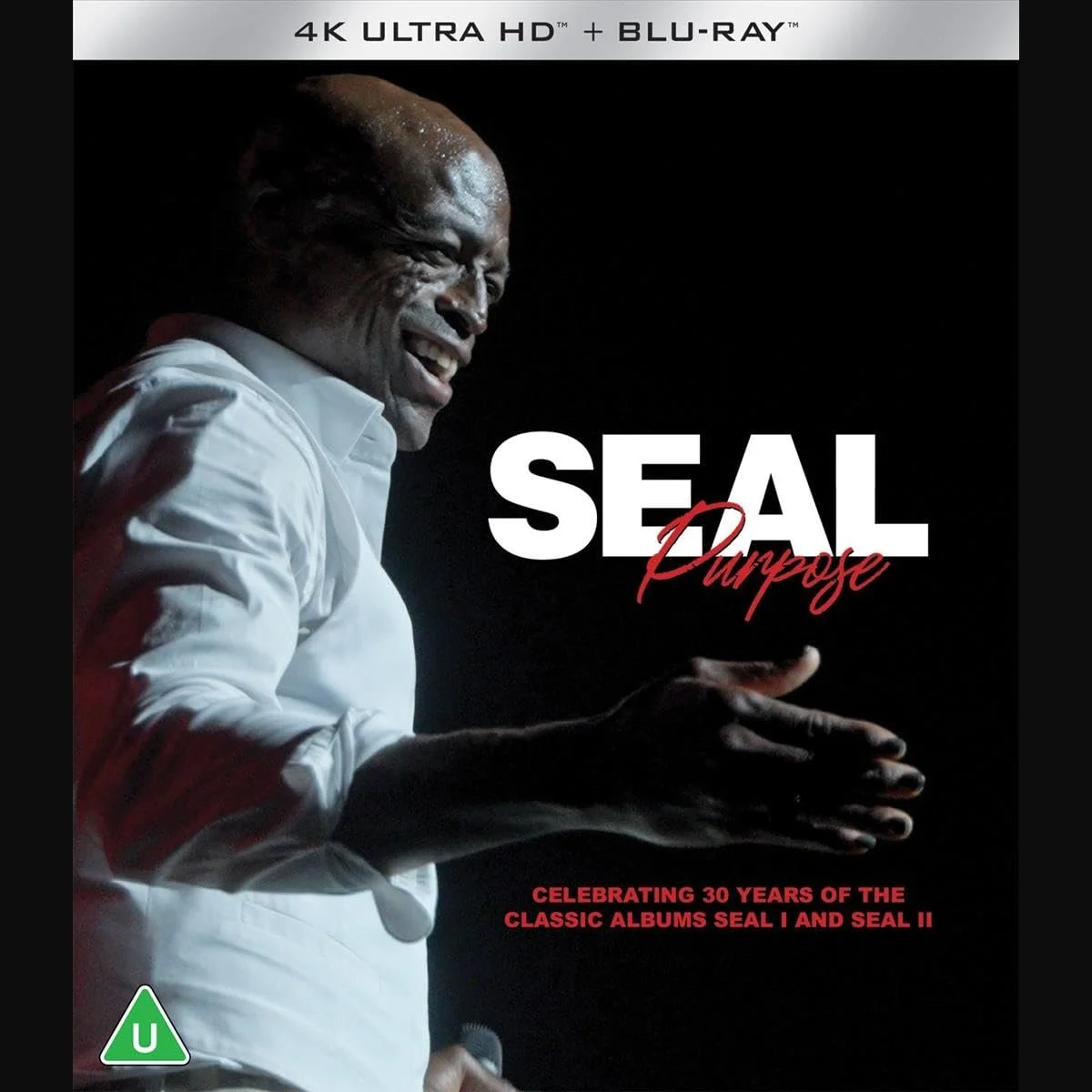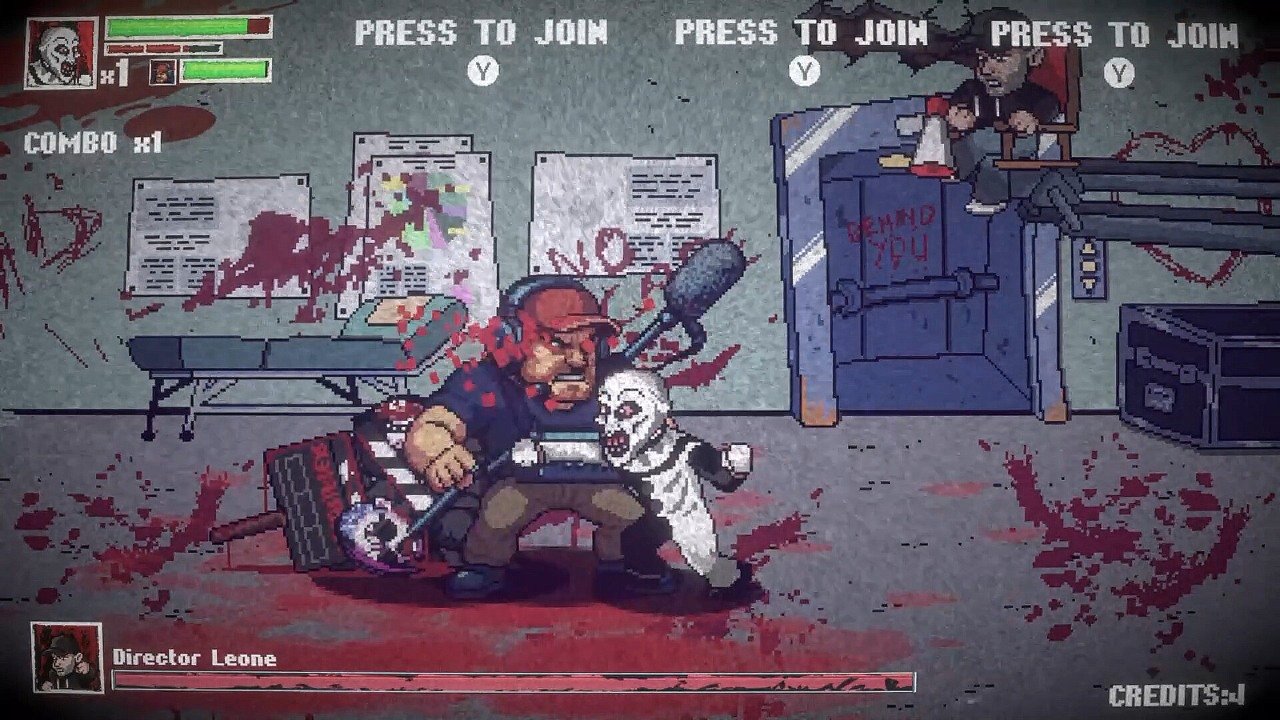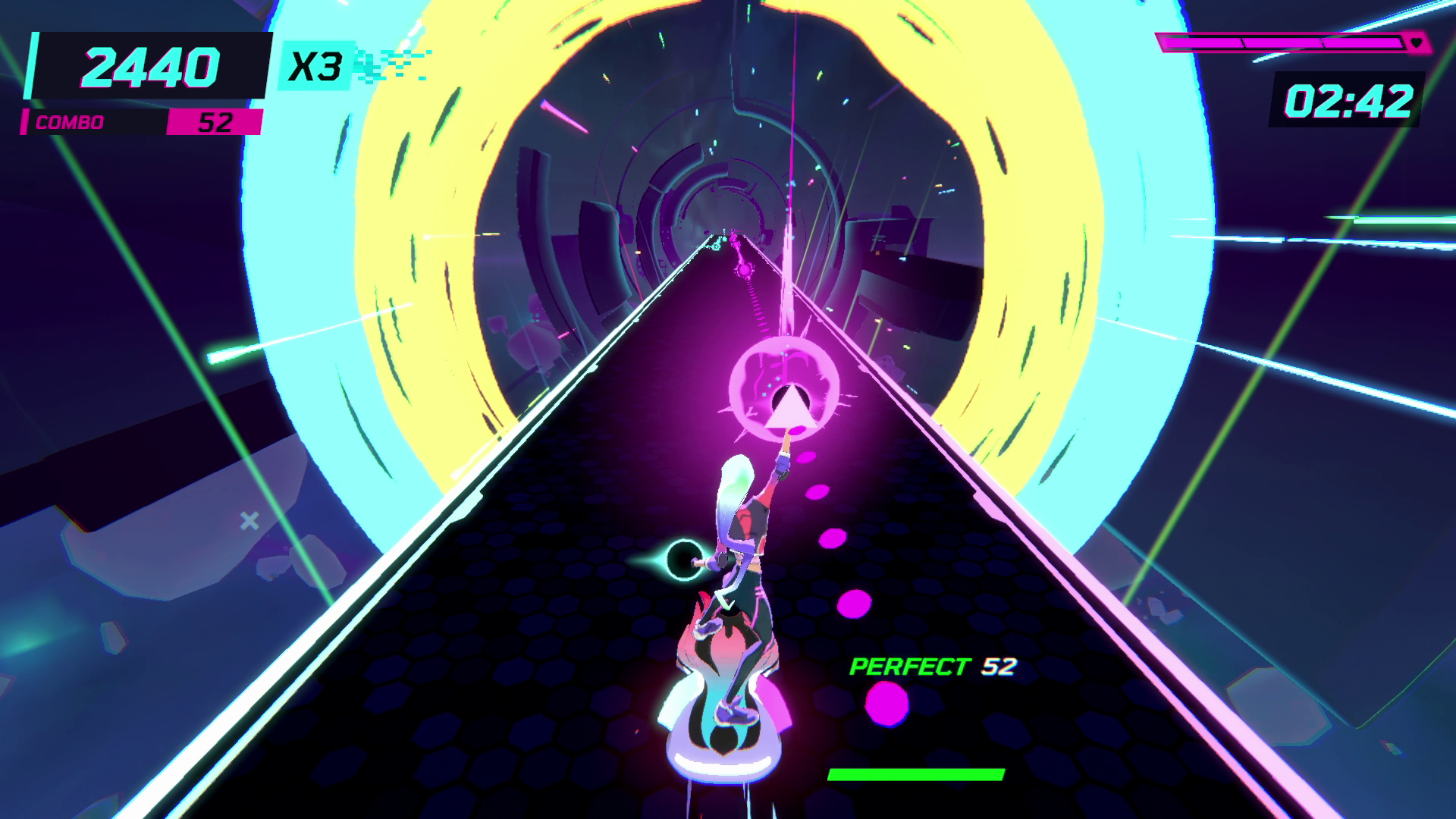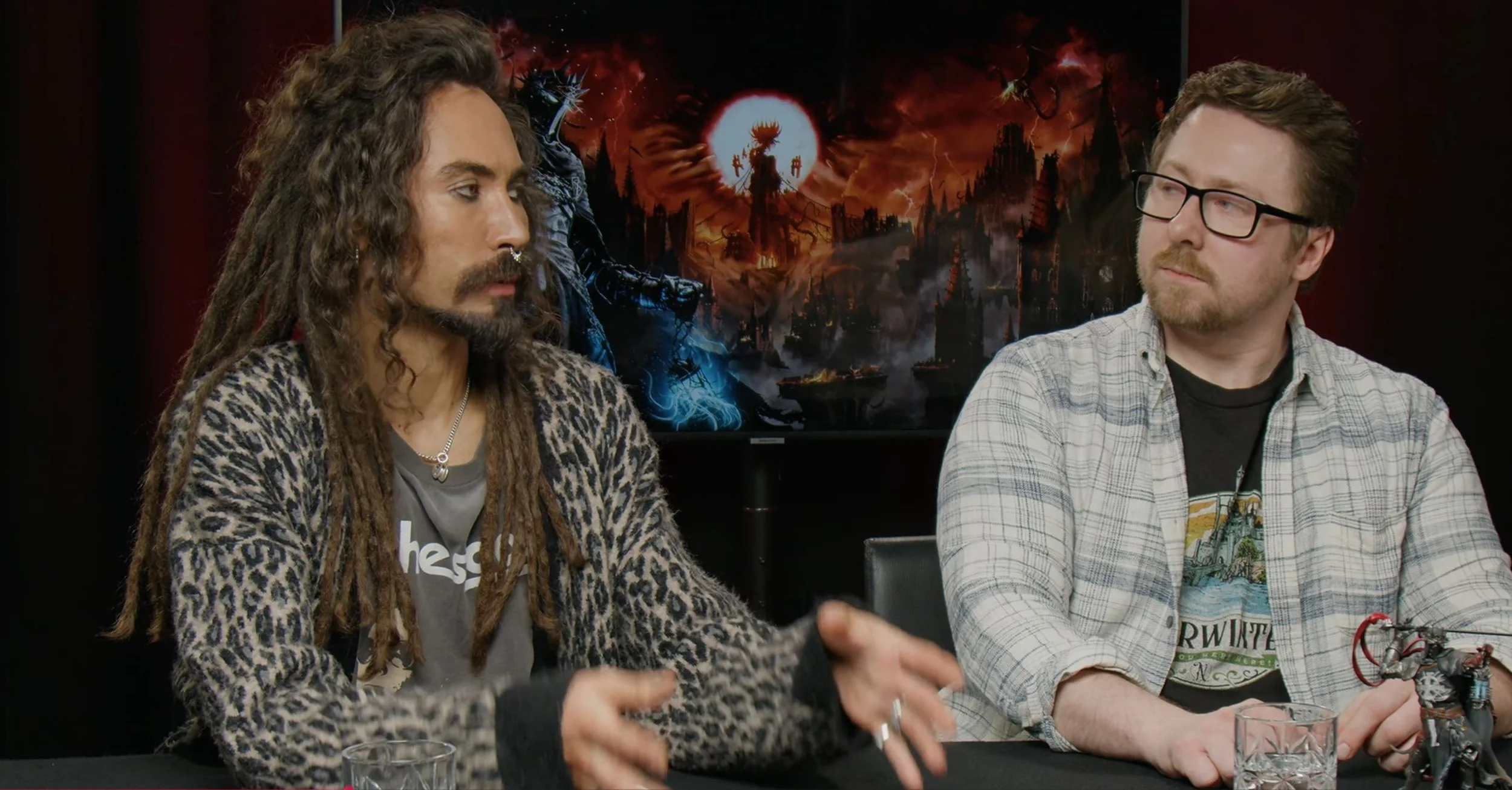Five months ago, a group of Smash community leaders announced the formation of a “Harassment Task Force” with the mission of resolving community disagreements surrounding the treatment of cases of harassment and sexual misconduct within the scene. Yesterday, the panel’s project manager, Josh “RoboticPhish” Kassel, took to Smashboards to publish the culmination of months of work on the part of panel members: an official Code of Conduct designed to help tournament organizers deal with accusations of misconduct.
This document couldn’t come at a better time for the Smash community, which has dealt with shocking revelations of sexual misconduct by top players such as Vikram “Nightmare” Singh and James “Mafia” Lauerman in the last year. Some community members have insisted that they would be uncomfortable attending tournaments with such players in attendance, while others have come out in their support, insisting that their actions had been misunderstood or taken out of context—or simply that they deserved a chance at redemption. By and large, the responsibility of determining proper punishments for accused players fell on the shoulders of loca tournament organizers who were often untrained or unwilling to make such momentous decisions.
The Harassment Task Force mitigates this issue by offering legal and financial support to signatory tournament organizers who face legal action from banned or accused players. However, the Code also includes provisions for the accused, promising to give everyone a fair shake by reviewing accusations carefully and meting out punishments of gradiated significance depending on the number of offenses committed and the severity of those offenses.
The Code separates offenses into three levels. Punishments for the first, which includes verbal harassment and the levelling of slurs against other players, are subject to the discretion of local tournament organizers. The second level, which includes violent threats and sexual harassment, invokes a warning from a Disciplinary Panel composed of the Harassment Task Force and carries the potential of a six-month ban, while the third, which includes sexual/violent assault, will typically result in a minimum tournament ban of 24 months. Additionally, certain cases, such as those involving adults and minors, may merit lifetime bans according to the discretion of the Disciplinary Panel.
This Code of Conduct was only released last night, and it’s yet to be seen how many tournament organizers across the country decide to become official signatories. However, the organizers of many prominent tournament series, such as Genesis, The Big House, and Shine, have already signed on. To learn more about the development of this Code—and to read it in full—check out RoboticPhish’s Smashboards post here.

